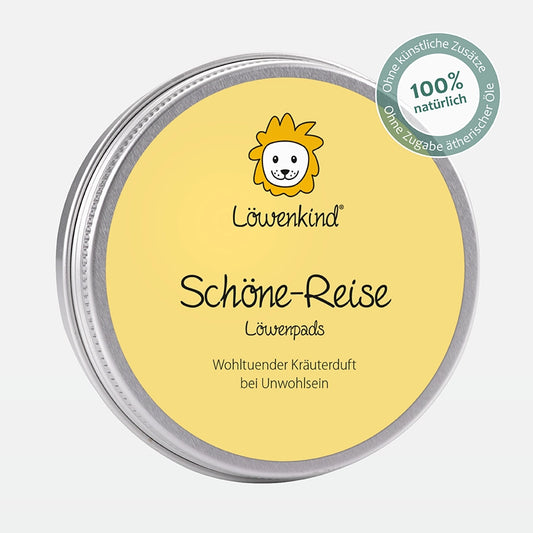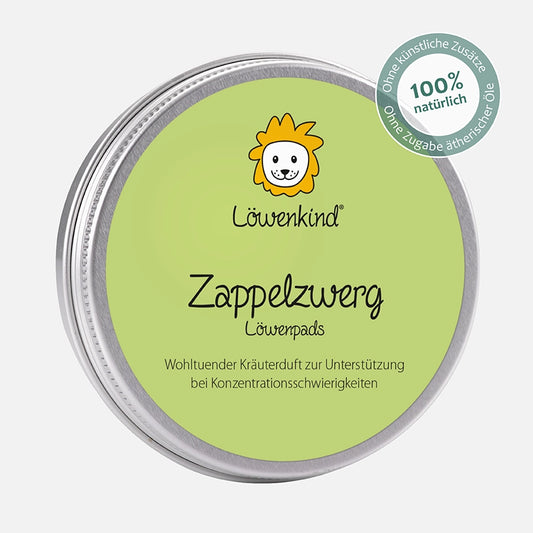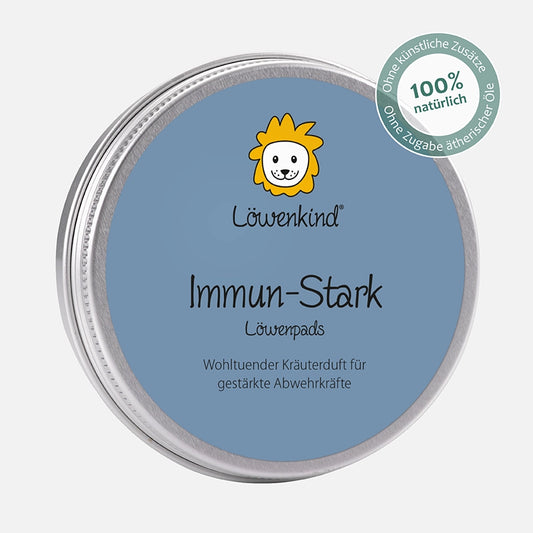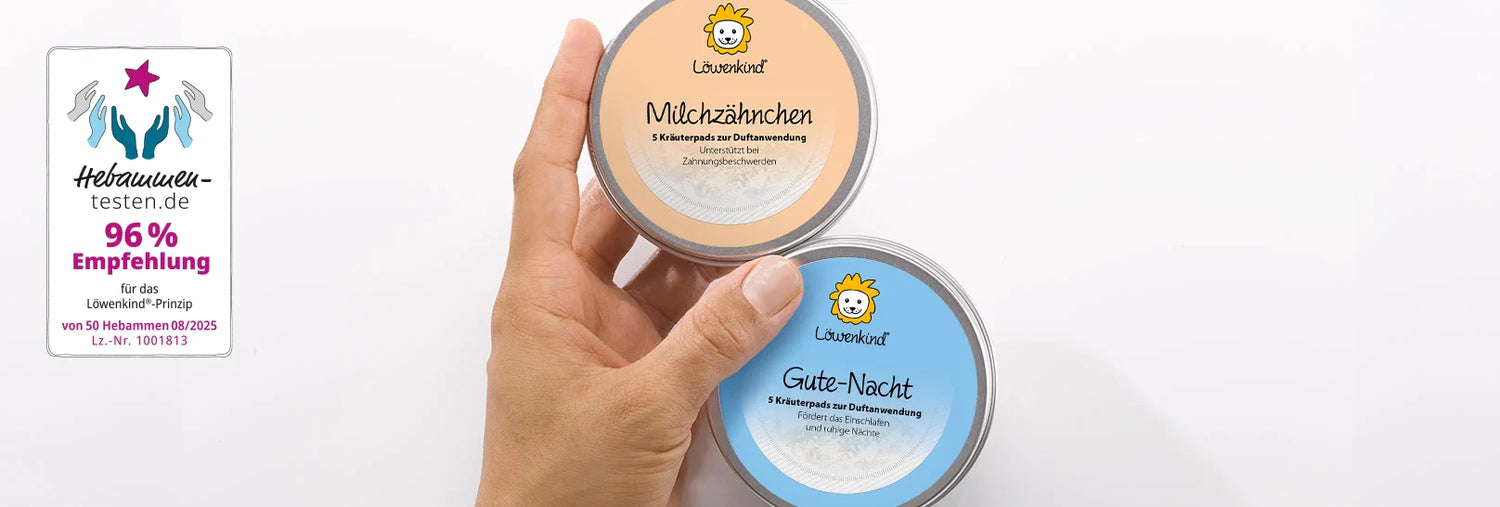There is the clinical picture ADD (attention deficit disorder) and ADHD (attention deficit hyperactivity disorder), which has been increasingly prevalent for years. What could be the cause?
Possible causes of ADD and ADHD
There is no doubt that we are suffering from increasing impression overload and sensory overload in many ways. We adults may have gotten used to it, but our little ones have not yet grown an "elephant skin" over their souls. 
If you put yourself in the mind of a child who spends hours travelling at airports or being pushed around a fairground in a buggy, it is easy to understand that this is completely overwhelming for many children. On the other hand, the experience of growing up in nature, playing in the garden with flowers and bugs and experiencing security and family peace is very beneficial for a child. But those times are probably over for most children.
In addition to this constant bombardment by external stimuli, there are also other causes for this condition. Changing or contradictory parenting styles, unstable family relationships, radiation exposure and even neurobiological disorders of the "happiness hormone" dopamine, which is responsible for learning processes, goal-oriented activities and positive emotional experiences, are other possible triggers for ADD and ADHD.
How do ADD and ADHD manifest themselves?
If too many or too strong stimuli flood the child's soul, then its delicate nature becomes tense and cramped because it is simply overwhelmed. It is irritated and, as a result, unable to concentrate. 
And depending on the type of soul in question, there is either a kind of emergency reaction, which manifests itself in an increased need to move in order to let off steam (ADHD or fidgety Philip) or the individual soul is helpless and disorientated, no longer participates appropriately in the environment and withdraws from it (ADD or dreamer). On closer inspection, these reactions can be recognized as a meaningful process, which aims to prevent the soul from being further overwhelmed.
Stopping this "wrong" behavior using chemicals is certainly a relief and helpful at first. But is it effective in the long term and does it heal the overwhelmed soul if the discharge reactions, which are actually useful, are simply suppressed? Are the consequences of this "therapy" possibly counterproductive in the long term and does it even lead to the soul's ability to regulate itself being inadequately developed? Various studies indicate this.
What can we do against it?
If possible, we should reduce everything that could overwhelm a child's delicate soul. Actionism, arguments, loud background noises, a flood of images and the hectic pace of everyday life simply do not go down well with our little ones. They are much more sensitive than we adults and perceive all the stimuli in their environment as if through an amplifier. But we are not left alone in these difficult times. Because there is also help from nature. Medicinal plants that are able to bring the stressed soul back into balance.











